Get the basics right first!
Clark Quinn
OCTOBER 10, 2023
I’m currently advising several organizations on their approaches to the use of technology to support learning. Moreover, I’ve been doing so for more than two decades, and see a lot more such situations as well. One of the things that I struggle with is seeing folks getting all agog over new technology, yet without getting the design right beforehand.

















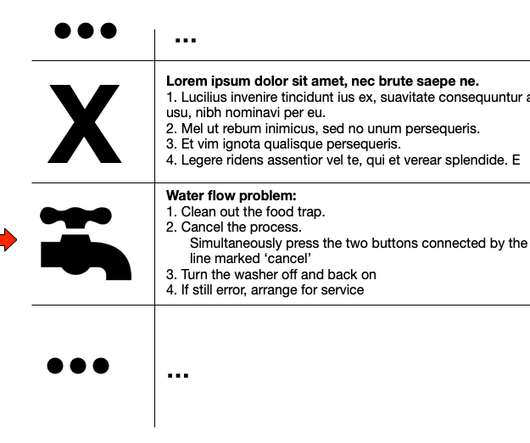


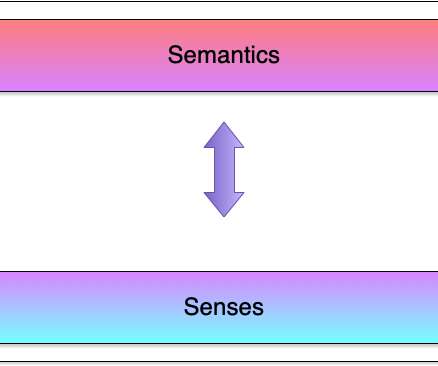

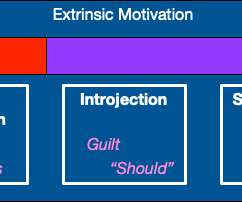
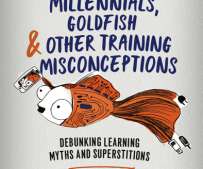




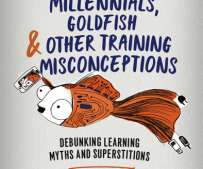














Let's personalize your content